| Content | The first volume, entitled “Islamic Thought: Book One”, consists of topics concerning God, humanity, the world, and the afterworld. The second collection, entitled “Islamic Thought: Book Two”, is comprised of the subjects of prophethood [nubuwah], Imamate, religious authority [marja’īah], and religious vicegerency [wilāyah]. The proportions of these books have been adapted to two study units each.
The structure of the introduction has been adapted to conform to the curriculum suggested by the Administration. This modified chapter has been named “Religion in the Modern World” which investigates the crises of modern humanity and related causes and factors and explains the function of religion in resolving these crises.
In the discussion concerning theology, while elucidating the methods of realizing God, the “Kalām Cosmological Argument” has been discussed in detail in the section entitled “The Way of Intellect”.
The policy of the Administration regarding introduction of contemporary Kalām discussions into the book was to do so gradually while simultaneously observing the necessary symmetry of the topics. Therefore, issues such as religious experience, benefits of religion, science and religion, and polytheism [kithrat girā’ī] have been introduced and existing materials have been enhanced in the second edition.
In this edition, the discussions concerning eschatology [ma’ād] and Imamate have been revised and the discussions on Imamate have been broadened. Additionally, discussions on religious authority [marja’īah] and religious vicegerency [wilāyah] have been revised in order to increase content accuracy and adjust the volume of this discussion. Furthermore, we have endeavored to answer all questions concerning these topics.
HEAVILY SUBSIDIZED BY WWW.ISLAMICTHOUGHT.CO.UK | Principles of good governance in the letter of Ali to al-Ashtar refers to a set of instructions and advice for rulers, reputedly addressed at Malik al-Ashtar (d. 657), the Arab military commander and an ardent supporter of Ali ibn Abi Talib (d. 661), who was the fourth Rashidun caliph (r. 656–661), the first Shia imam, and the cousin and son-in-law of the Islamic prophet Muhammad. The letter is attributed to Ali and outlines his conception of just and righteous governance, following the appointment of al-Ashtar as the new governor of Egypt circa 657 CE. Among the earliest extant records about Islamic rule, the letter has received considerable attention throughout the Muslim history as a blueprint for Islamic governance. The theme of the letter can be summarized as justice and compassion for all, regardless of class, creed, and color. Malik was killed en route to Egypt to assume his new post at the instigation of Mu'awiya, the archenemy of Ali.
HEAVILY SUBSIDIZED BY WWW.ISLAMICTHOUGHT.CO.UK | This book will take to an advance level spirituality by the great master "Alamah Sayyid Muhammad Husayn Tabatabai" want to get high on level self purification then this book is ideal. This text presents a series of twenty-one discourses related to the spirituality of Shi'ism and various key interesting topics in Islam.
Heavily subsidized by www.islamicthought.co.uk | Administering a territory as wide as the world itself is a difficult task, which is only possible for a divinely guided leader and functionaries committed to this divine system and the sovereignty of Islam. Indeed, in order to administer lands and territories Imam al-Mahdi (‘atfs) will appoint ministers who will have had a record of struggle both in experience and action, and who will have shown their firmness and decisiveness.
Governors with strong personalities, who think of nothing but the welfare of the Islamic state and the pleasure of God, will take charge of state affairs. Obviously, a country whose officials possess these qualities will prevail over any difficulty. The destructions wrought by the previous governments will successfully turn into progress and conditions will be so transformed that the living will wish that the dead would live once again.
It must be noted that Hadrat al-Mahdi (‘atfs) will take charge of affairs at the time when the world will have inherited a plethora of confusions and disorders, and there will be millions of invalids as well as physically and mentally sick individuals. An atmosphere of delapidation will cast its shadow upon the world and insecurity will become prevalent everywhere. Cities will be in total ruin on account of wars and conflicts, and the decline of farming due to pollution of the ecosystem will lead to the scarcity of food.
On the other hand, the people of the world would have witnessed that many governments, parties and organizations had claimed that if they were given the chance to take charge of things, they could serve the world and its inhabitants, ensuring peace, security and improvement in economic conditions. In action, however, each of them would have been worse than the other, introducing nothing but corruption, killing and ruin. This book gives hope and insight into government of Imam Mahdi (as). One of the best books on 12th Imam.
HEAVILY SUBSIDIZED BY WWW.ISLAMICTHOUGHT.CO.UK
|
If we study the subjects of FIQH in detail, we find that every one of them is peculiar and singular in itself. Some of the laws relate to the natural urge in human beings to adore and worship. It guides us to worship none but Allah, in the prescribed form, seeking His pleasure. Then there are laws which prompt us to serve, be helpful and useful to human society, at the same time affirming our obedience to Allah. These are Zakat, Khums, our social and political duties, Jihad, Amr bil Ma'roof and Nahy anil Munkar, training in martial arts etc. Also covering brief history of over 40 Mujtahids.
HEAVILY SUBSIDIZED BY IEB OF WORLD FEDERATION.
| This text provides a good analysis of the lives of the Infallible Imams while presenting the different methods, struggles, and circumstances of each Imam and how they may have acted similarly or differently. However they have all acted as Allah (SWT) desired of them spreading Islam in the social circumstances they lived, as well as the practice of Taqiyyah where necessary.
HEAVILY SUBSIDIZED BY WWW.ISLAMICTHOUGHT.CO.UK |

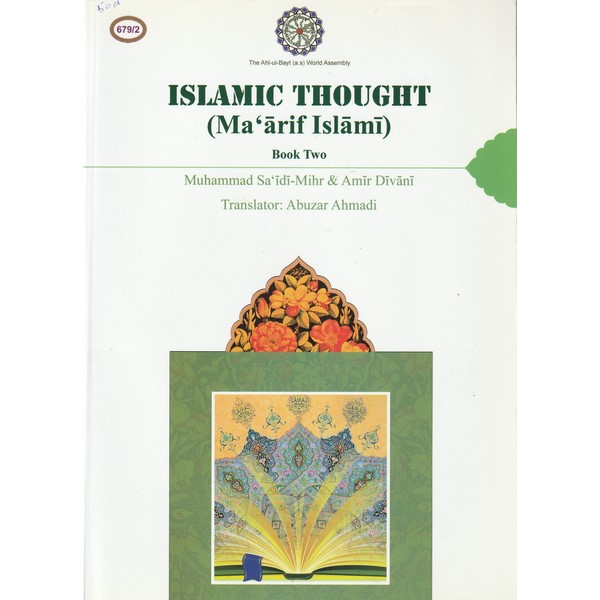
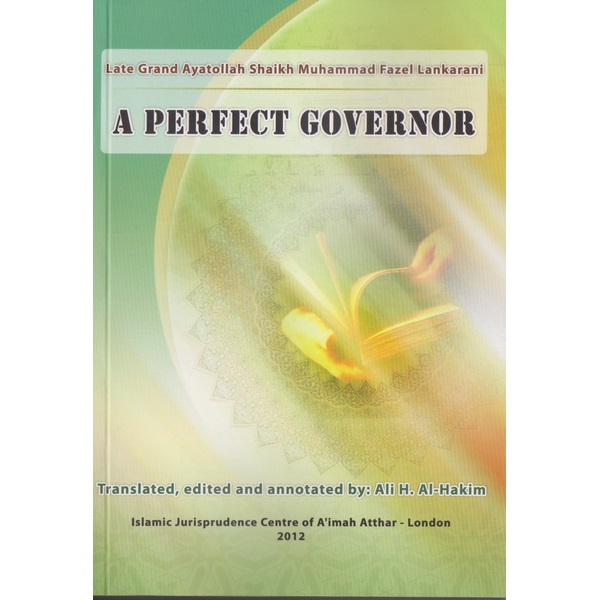
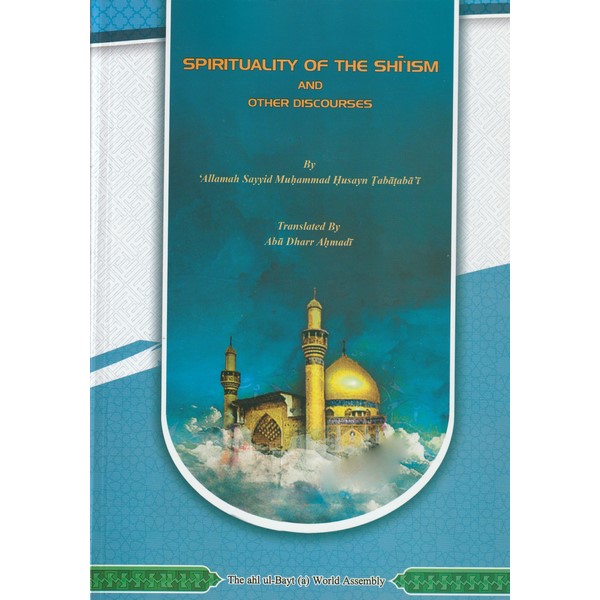
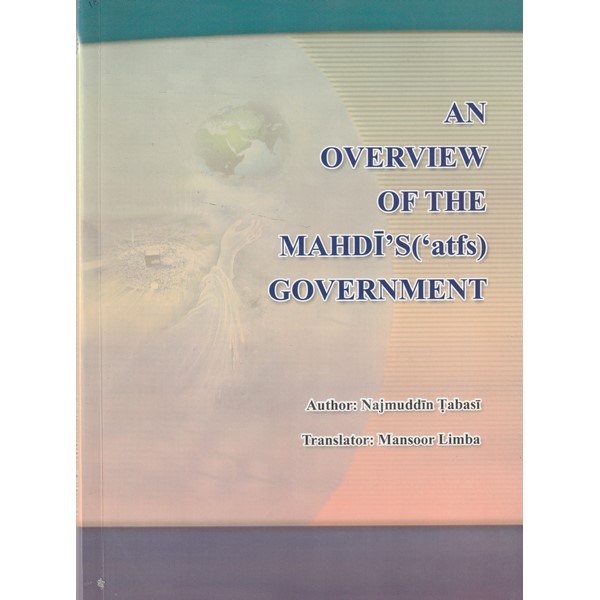
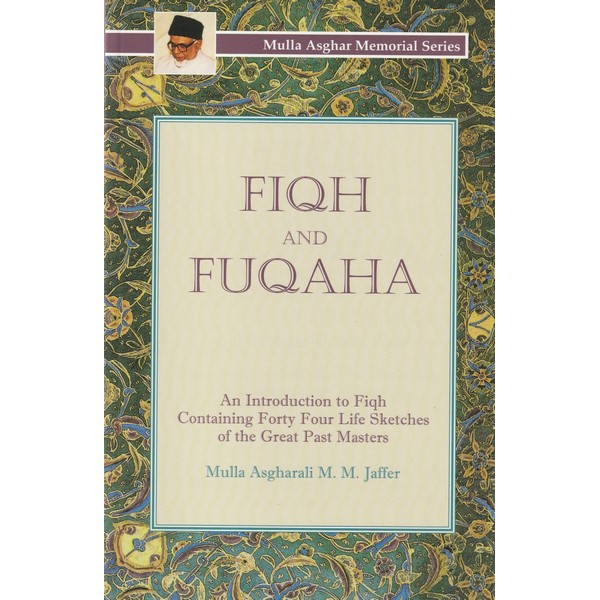
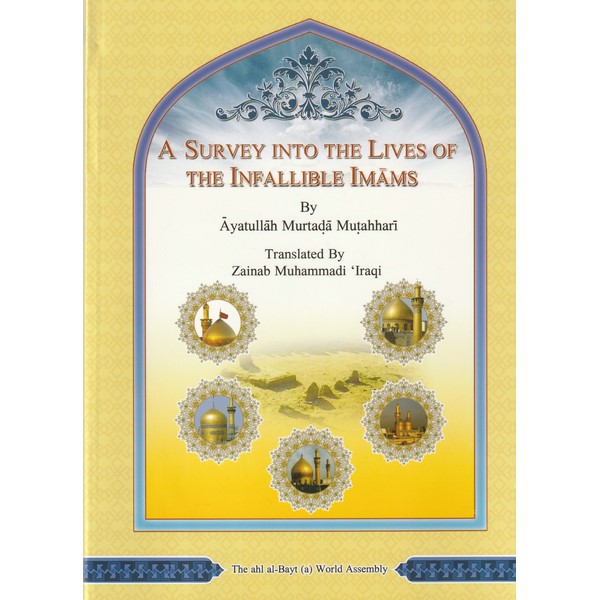


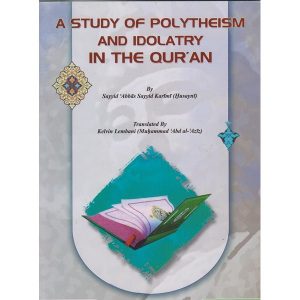


Reviews
There are no reviews yet.